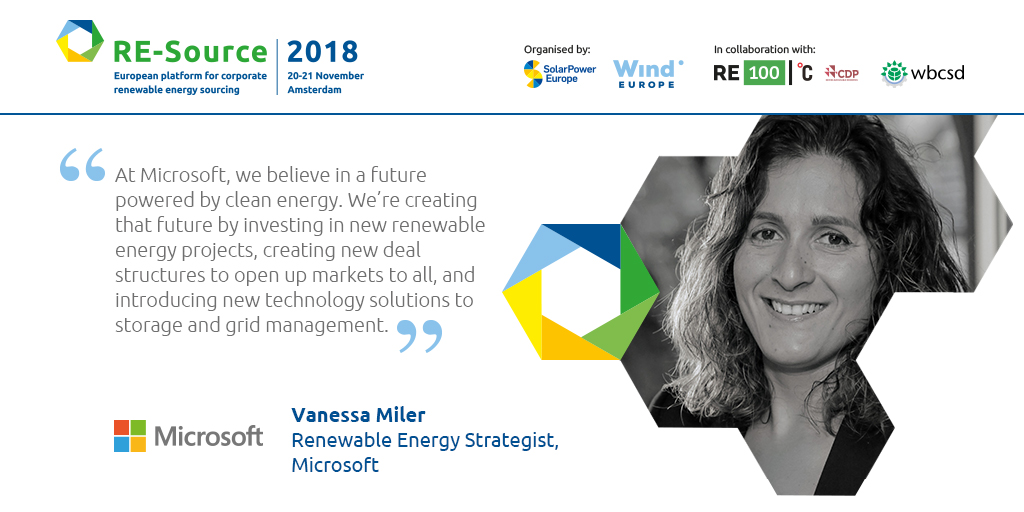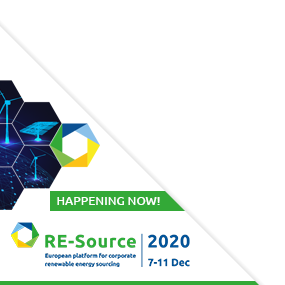Microsoft: here’s one way to make PPAs simpler

Microsoft is one of the largest players in the PPA market – both in the US and worldwide. Starting with a 110 MW Texas wind project in 2013, the tech giant now has a portfolio of more than 1.2 GW in six states and three continents, with recent successes have included the largest corporate solar deal in US history. Now Microsoft has been focusing on ways to simplify and de-risk PPAs.
In a recent blog post, Microsoft explained that the rapid growth of PPAs is “because these deals are good for business. Renewable energy agreements help companies meet sustainability commitments.” The fuel that powers these deals – renewables like wind and the sun – are free; this enables a fixed price over the length of an agreement. However, there are other risks and complexities to PPAs which buyers need to understand in order to choose the right type of PPA for their businesses. There is the need to simplify this complex process, and to mitigate the risk assumed by the buyer.
Put simply, the power needs of buyers are static but the power from a PPA-powered project varies on a day-to-day, hour-to-hour basis. To protect buyers from the potential costs of such fluctuations, Microsoft has co-developed a new solution designed to de-risk the PPAs. Known as Volume Firming Agreements (VFAs), these are contracts that ‘sit atop’ new PPAs, or existing PPAs, mitigating the risk to the buyer. VFAs are not a replacement for PPAs, and are not a product that Microsoft is selling.
Microsoft has signed three such contracts with Allianz, in conjunction with their partners at Nephila, to cover three wind projects in the U.S. in Texas, Illinois and Kansas, at a total of almost 500 MW.
Want to learn more? Then check out the recent white paper, co-authored by Microsoft, REsurety and Orrick, Herrington and Sutcliffe LLP, expounding on the role of Proxy Generation PPAs in the implementation of VFAs.





